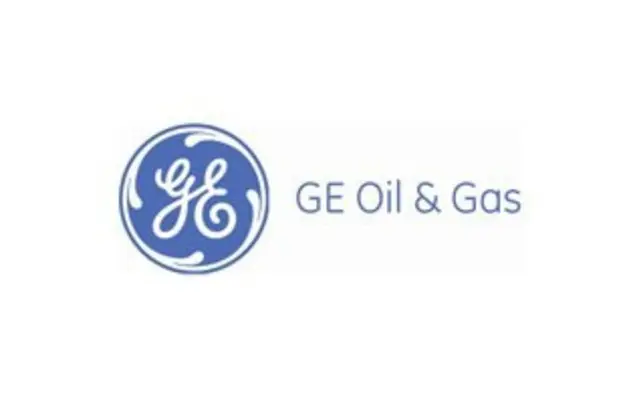OMV has announced two new gas condensate discoveries in Tunisia, a result which it said bodes well for future exploration and production in the area.
Gas
Saudi gas output to rise 'by more than 50% by 2020'
Intensified exploration and new recovery technology will boost Saudi Arabia’s gas production by more than 50 per cent in 2020, according to its state oil operator, Saudi Aramco. Huge exploration and drilling programme investment have already created a huge increase in the kingdom’s natural gas reserves to nearly 275 trillion cubic feet (tcf) at the end of 2009, up from around 181 tcf in 1990, figures from Saudi Aramcos recently released 2009 report show. New discoveries and higher recovery rates have also raised the country’s non-associated gas deposits to more than half of total gas resources at the end of last year compared to about 25 per cent in 1990.
GE wins Qatar contract
GE OIL & Gas’ PII Pipeline Solutions business has been awarded a multi-million dollar, six-year contract to supply Qatargas Operating Company Limited (Qatargas) with advanced pipeline integrity management services to enhance the monitoring and maintenance of the company’s liquid natural gas (LNG) network.
Based in Ras Laffan City in the State of Qatar, Qatargas has nine prominent shareholders – Qatar Petroleum, ExxonMobil,Total, Mitsui, Marubeni, ConocoPhilips, Shell, Idemitsu and Cosmo Oil.
Optimising Iraq’s undeveloped gas fields
CONFLICT-HIT IRAQ boasts the world’s largest endowed oil reserves, according to London-based Petrolog & Associates.
Its proven reserves are 145.5 billion barrels – one-quarter higher than published BP data of 115 billion barrels – whilst probable reserves exceed 234 billion barrels. The latter are referred to as ‘technical’ reserves that have a 50 per cent probability of extraction under given economic
Qatar gas licences
QATAR WILL PRESS ahead with plans to offer gas exploration licences, despite the downturn in global energy prices.
Following the recent award of a production sharing agreement to Wintershall, the Gulf state will offer three additional gas exploration blocks.









